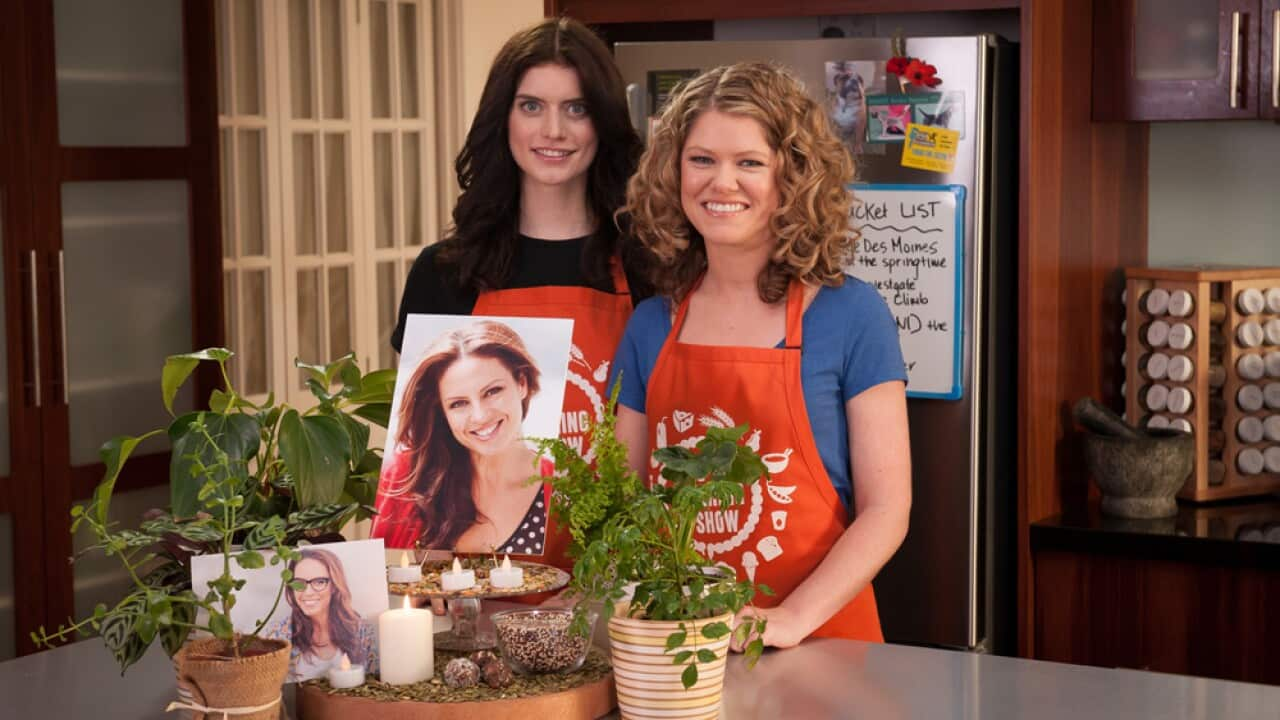This week sketch series Inside Amy Schumer premiered its fourth season. Schumer, who focuses on issues like rape culture in high school football clubs, chauvinism in the American television industry, or gendered body image double-standards, is rapturously applauded when her hilarious, thought-provoking videos are shared widely online. She graces the covers of magazines worldwide, and is called up to comment on social issues that affect American women.
Schumer is just one women rising to the top of American TV culture. Consider Marvel, that heartbeat of current cultural occupation whose film and television output attracts billions of eyeballs every year. On TV, Marvel lives on Netflix, with two series (and more to come): Daredevil, a show about a blind martial arts aficionado, and Jessica Jones, a show about a superpowered private investigator with PTSD. Guess which show generated the most buzz? Yes, the progressive, poignant Jessica Jones, created by Melissa Rosenberg, with its radical sexual politics and its desire to fill frames with diverse and complex female characters, generated enough think pieces after its premiere to clog the internet.
Or, instead, consider Girls, HBO’s long-running show about four New York women created by controversy magnet Lena Dunham. More has been written about Girls than perhaps any other show in history, and despite the rancour it inspires in some people, it's one of few half-hour dramedies developed by HBO that’s lasted longer than two seasons. And, last year, the powerhouse Shona Rhimes won a Producer’s Guild Award for Achievement in Television for her work on a bevy of hugely successful US television series (Grey’s Anatomy, Scandal, How To Get Away With Murder); her message in her acceptance speech: ‘I completely deserve this’.
So, what’s happening back home? In Australia, where the television culture is somewhat less centralised and where women with strong feminist perspectives are routinely lampooned by both the media and the general public, feminist television makers are few and far between.
But make no mistake, there are local female TV creators whom we should be celebrating.
Nakkiah Lui, proud Gamillaroi and Torres Strait Islander woman, playwright and actor, is one of the writers and stars of Black Comedy, the indigenous sketch show that recently premiered its second season on the ABC. Lui, who won an Australia Council Dreaming award and the Belvoir’s Balnaves Indigenous Playwright Award in 2012, is a powerful advocate for the rights of Aboriginal women. On Black Comedy, Lui lambasts the particular sexist/racist cocktail served to Aboriginal women; one in particular is a spoof advertisement for a cosmetics line guaranteed to inspire the comment: “She’s pretty, for an Aboriginal”.
And just last year the Australian women in TV had a "moment" in the form of two Kates and their passion for Sarah Wilson, the Booze Revooze and “wet hot rice”. I’m talking, of course, about The Katering Show, a webseries created by comedians Kate McCartney and Kate McLennan. The tongue-in-cheek cooking show, which premiered on YouTube and quickly generated a cult following, has been picked up by ABC iView for an enthusiastically received second season. McLennan is also busy preparing for the premiere of her new pilot, Bleak, which will be released as part of the ABC Comedy Showroom on 25 May.
These powerful women, headlining a revolution in Australian TV output, receive nothing like the adulation directed at US TV creators who have become household names even in Australia. Yet their output, and their influence, is very similar. Like Mindy Kaling and Lena Dunham, Nakkiah Lui has written extensively online about important social issues; like Amy Schumer, Amy Poehler and Tina Fey, Kates McCartney and McLennan are popular comedians with the chops to dominate in comedy’s boys’ club.
These women are carving out a space for diverse women’s stories on Aussie TV (where diversity is still sorely, embarrassingly lacking); they are spokeswomen for a new feminism that is intersectional, inclusive and gaining in influence. They should be our household names.
Screen Australia recently announced an overwhelming response to their recent initiative Gender Matters – a round of funding aimed at correcting the underrepresentation of women in film and television. Here’s hoping that response indicates a shift in the industry.
Matilda Dixon-Smith is a writer, editor and cultural critic from Melbourne. You can find some of her work . She tweets intermittently from @mdixonsmith.


